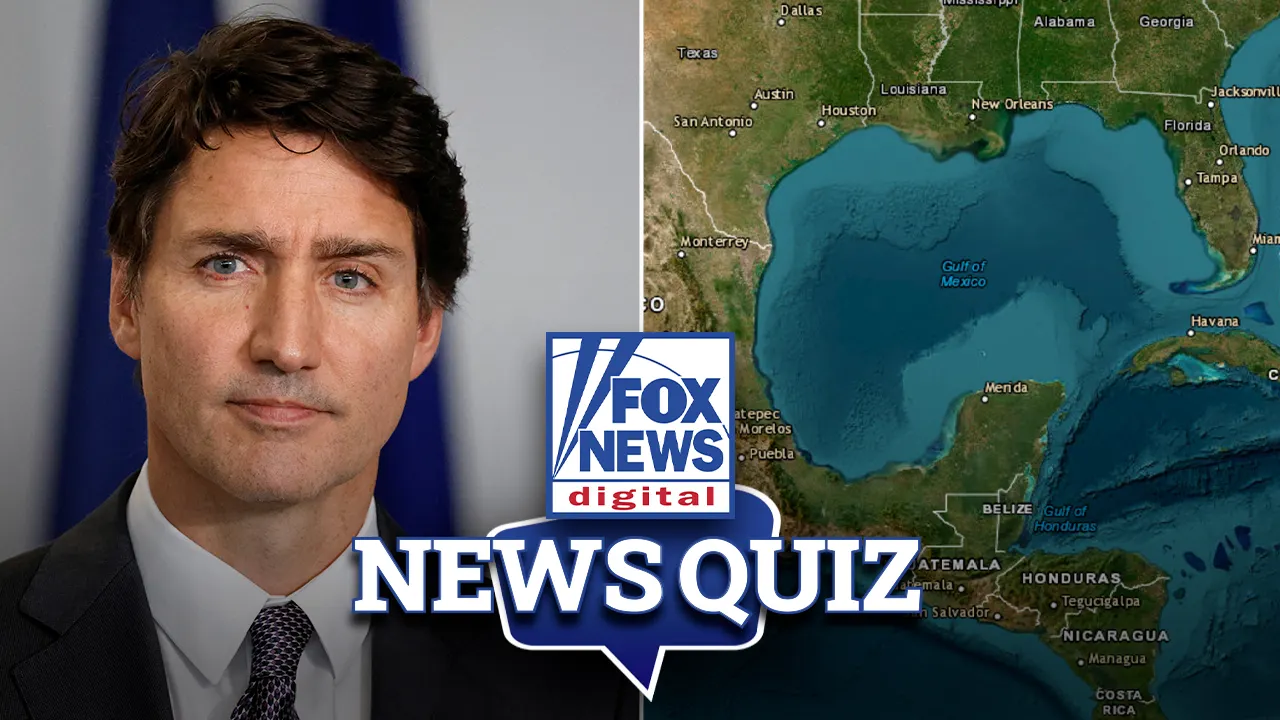New Delhi:
Two bills to amend the Constitution – and allow simultaneous federal and state elections by 2034 – were sent to a 39-member joint parliamentary committee Friday morning, as the final act of a Lok Sabha winter session roiled by unseemly Congress vs BJP, protest vs counterprotest drama over Home Minister Amit Shah’s “Ambedkar is the fashion” remark. The Lower House was then adjourned sine die.
Congress MPs Priyanka Gandhi Vadra and Manish Tewari and the Trinamool’s Kalyan Banerjee and Saket Gokhale are among the opposition faces on the committee, while former Union Minister Anurag Thakur, Sambit Patra, and Anil Baluni will represent the government.
Others on the panel – expanded from 31 after smaller parties also demanded representation – are from Maharashtra’s rival Shiv Sena and NCP factions and two of the BJP’s allies; the latter, though, doesn’t yet include either Bihar Chief Minister Nitish Kumar’s JDU or Andhra Pradesh Chief Minister Chandrababu Naidu’s TDP, both of which are seen as propping the BJP’s government at the centre.
READ | ‘1 Nation, 1 Poll’ Panel To Include Priyanka Gandhi, Anurag Thakur
The JPC will have an initial term of 90 days but this can be extended. It has been tasked with holding “wider consultations” on five contentious amendments to the Constitution, which include limiting and/or altering, and linking terms of state and union territory assemblies to the Lok Sabha.
Among those to be consulted is the Election Commission, the country’s top poll body and which will have the extraordinarily mammoth task of organising the simultaneous elections.
The Constitution (129th Amendment) Bill was tabled in the Lok Sabha this week by Law Minister Arjun Ram Meghwal, and triggered fierce protests from the opposition.
READ | Congress’ “Two-Thirds Majority” Jab At BJP Over ‘One Nation, One Poll’
The Congress and two INDIA bloc allies – the Samajwadi Party and the Trinamool, neither of whom have seen eye-to-eye this Parliament session – united to condemn what they said were attempts to subvert the Constitution and the country’s federal character, by robbing legislatures of independence.
The proposed switch to simultaneous polls has, however, been backed by the ruling BJP, which has claimed streamlining the electoral calendar – which sees multiple state and local body polls every year – offers multiple economic benefits, including preventing ‘policy paralysis’ and lowering costs.
What Is ‘One Nation, One Election’?
Simply put, it means all Indians will vote in Lok Sabha and Assembly elections – to pick central and state representatives – in the same year, if not at the same time.
As of 2024, only four states voted with a Lok Sabha election – Andhra Pradesh, Arunachal Pradesh, Sikkim, and Odisha voted alongside the April-June Lok Sabha election. Three others – Maharashtra, Haryana, and Jammu and Kashmir – voted in October-November.
NDTV Special | ‘One Nation, One Election’: What Is It And How Will It Work
The rest follow a non-synced five-year cycle; Karnataka, Madhya Pradesh, Rajasthan, and Telangana, for example, were among those voted at different times last year, while Delhi and Bihar will vote in 2025 and Tamil Nadu and Bengal are among those that will vote in 2026.
Can ‘One Nation, One Election’ Work?
Not without the amendments to the Constitution and that amendment being ratified by the governments of all states and union territories, as well as, possibly, major political parties.
These are Article 83 (term of Parliament), Article 85 (dissolution of Lok Sabha by the President), Article 172 (duration of state legislatures), and Article 174 (dissolution of state legislatures), as well as Article 356 (imposition of President’s Rule).
Legal experts have warned that failure to pass such amendments will leave the proposal open to attack on charges of violating India’s federal structure.
NDTV is now available on WhatsApp channels. Click on the link to get all the latest updates from NDTV on your chat.
Source link
 Insights Daily World is your one-stop destination for discovering unbeatable discounts, trending deals, and the latest offers across various products. Stay informed with the newest updates, breaking news, and insightful deals, all designed to help you save and stay ahead
Insights Daily World is your one-stop destination for discovering unbeatable discounts, trending deals, and the latest offers across various products. Stay informed with the newest updates, breaking news, and insightful deals, all designed to help you save and stay ahead




